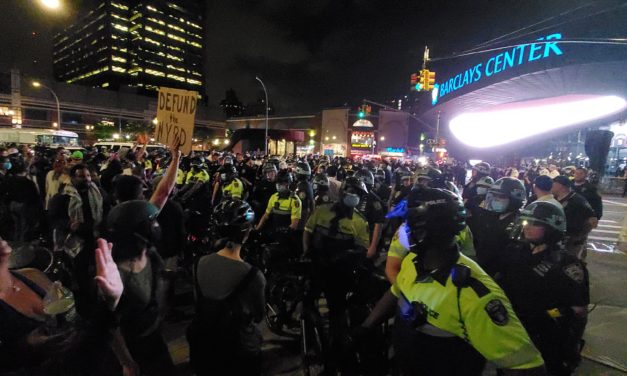James Livingston Responds to James Oakes**
My old friend Jim Oakes protests too much. I’m not going to bother with a point-by-point refutation of the charges he levels against me, because that would bore him, you, and me. But let me say emphatically that he’s plainly misreading me when he invokes “Livingston’s hostility to unions,” thus portraying me as an enemy of the most basic working-class organizations, and, by implication, an enemy of the people. That’s a cheap shot, Professor Oakes. I wrote that, like socialism itself, unions have no predictable political valence. This is an empirically verifiable fact, not a theoretical pronouncement, as witness social democracy vs. Soviet-style communism, or the Teamsters as against, say, the UAW. The form of Oakes’s argument determines its content. He portrays me as a pointy-headed academic with no grounding in the empirical realities of our straitened time, something like those PMC types both he and Adolph Reed ridicule as unconscious traitors to the multi-racial, working-class majority. Oakes writes: “Reed is discussing the empirical realities of black political life and history. Livingston responds by looking at an intellectual tradition.” Does he mean that intellectual tradition is not an empirical reality that powerfully informs and animates current debates on the past, present, and future of black life? Does he mean that ideas are not themselves material realities, forces of production in their own right–as in the political expectations that come...
Read More


